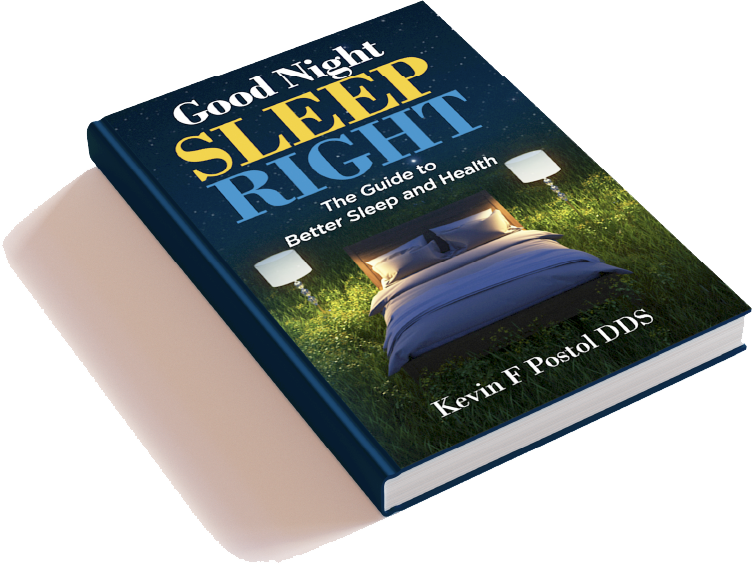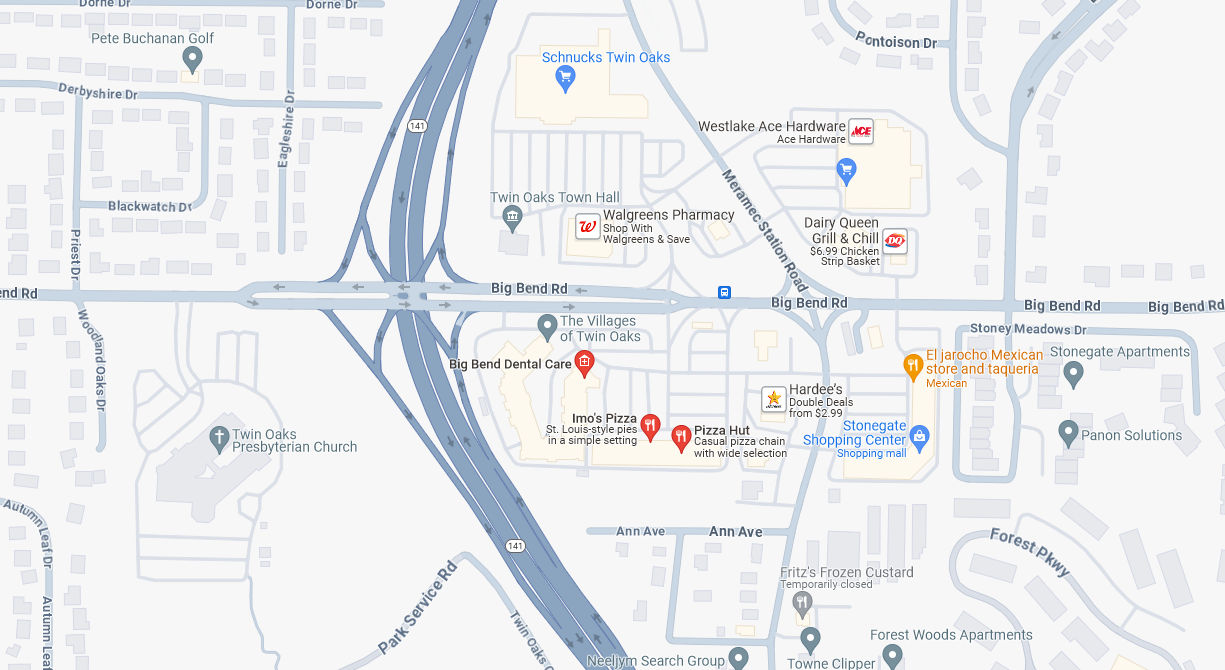What is
Sleep Apnea?
Obstructive Sleep Apnea is a dangerous condition in which your body struggles to breathe while you are asleep. If you are gasping for air or snoring at night, you may need treatment for sleep apnea.
The word apnea comes from the Greek words for “not breathing” – a simple definition for what can actually be a complex medical issue. Sleep apnea, as the name suggests, is a condition during which an individual stops breathing during sleep, and it can lead to serious complications if left untreated. Because those afflicted by sleep apnea are fast asleep when it occurs, they may be entirely unaware until symptoms start impacting their waking hours, or a medical professional offers a diagnosis.
Call us Today!
There are three basic types of sleep apnea:
OSA, or obstructive sleep apnea, which is caused by a muscular issue. In OSA, the throat muscles relax too deeply, which in turn blocks airflow during normal respiration. Note: OSA is the type that we treat here.
CSA, or central sleep apnea, which is a neurological problem. In individuals with CSA, the electrochemical signals sent by the brain misfire or fail to send properly. Usually used to signal muscles involved in breathing, this causes a breakdown of the unconscious respiration process. This type of apnea is less common than OSA.
TECSA, or treatment-emergent central sleep apnea, which is by nature the least common. This type of apnea occurs when a sleep apnea patient is receiving treatment for their OSA diagnosis, and develops CSA as a result.
Thankfully, all three types of sleep apnea can benefit from treatment modalities delivered by a specialist. Here at Gateway Center for Sleep Apnea & TMJ Therapy, we treat OSA. While sleep apnea does not have a definitive cure, smart symptom management can protect both your health and quality of life.






What a great experience! EVERY ONE was so friendly and kind. It’s so wonderful that Dr. Postol takes real one on one time for each patient. It makes you feel comfortable and heard. I appreciated that so much!
Sasha R.

Symptoms of Sleep Apnea

Unless someone like a spouse notices you’re having breathing issues while sleeping, symptoms may be the only indicator that sleep apnea could be an issue. Some of the most common symptoms of sleep apnea include:
- Unusual breathing sounds during sleep, including loud snoring, snuffling, or gasping. These occur as your body attempts to combat the physical/neurological breakdown in your usual respiration.
- Waking up with a dry mouth or a persistent headache. Because sleep apnea often leads to gasping or open-mouthed breathing, the sensitive tissues of the nasal passages and throat can dry out, leading to discomfort.
- Difficulty remaining asleep, or ongoing episodes of insomnia. Because apnea robs the body of its ability to truly relax, those afflicted with it will get less restorative effects from a night of sleep.
- Nodding off or feeling sleepy during the day, even with a theoretically full night’s sleep. Once again, having your sleep schedule interrupted by apnea – even if you don’t clearly remember the apnea episode – will affect your mental acuity once awake.
- Difficulty focusing or paying attention during the day. With your body eager for uninterrupted, deep, and apnea-free sleep, it may feel like an eternity until you can rest again.
- Feeling uncharacteristically irritable, with an inability to identify what triggered your bad mood. All the discomfort caused by apnea symptoms is very distracting, as is lack of restorative sleep.
Do I Have Sleep Apnea?
Because sleep apnea is an incurable medical concern, ignoring the telltale signs of symptoms can have a negative impact on your health. Certain treatments are only available when prescribed by a doctor, including some of the most helpful for apnea patients. These include the use of a CPAP – continuous positive airway pressure – machine, which can help keep reluctant throat muscles flexing correctly, ensuring uninterrupted breathing.
While self-observation of symptoms and telltale apnea signs is a great place to start, only a doctor can help you manage symptoms properly. Dr. Postol will help assess your condition, order a sleep study, and review the results with you to determine next steps. Don’t wait until your minor morning headaches turn into bigger ones: seek out the help you need for your sleep apnea today, and you’ll rest easier tonight knowing you’re not alone.
Are you tired
of being tired?
Download the first chapter for free
or get your copy of the book today!


Call or Text!


